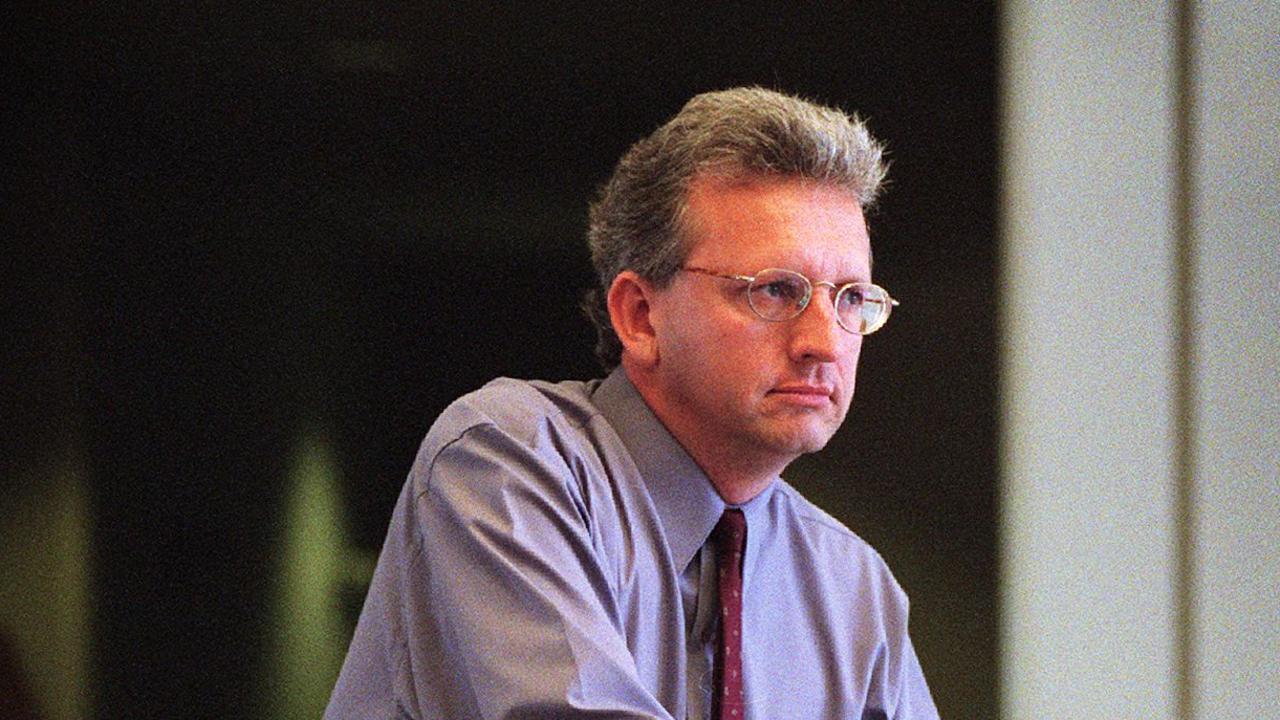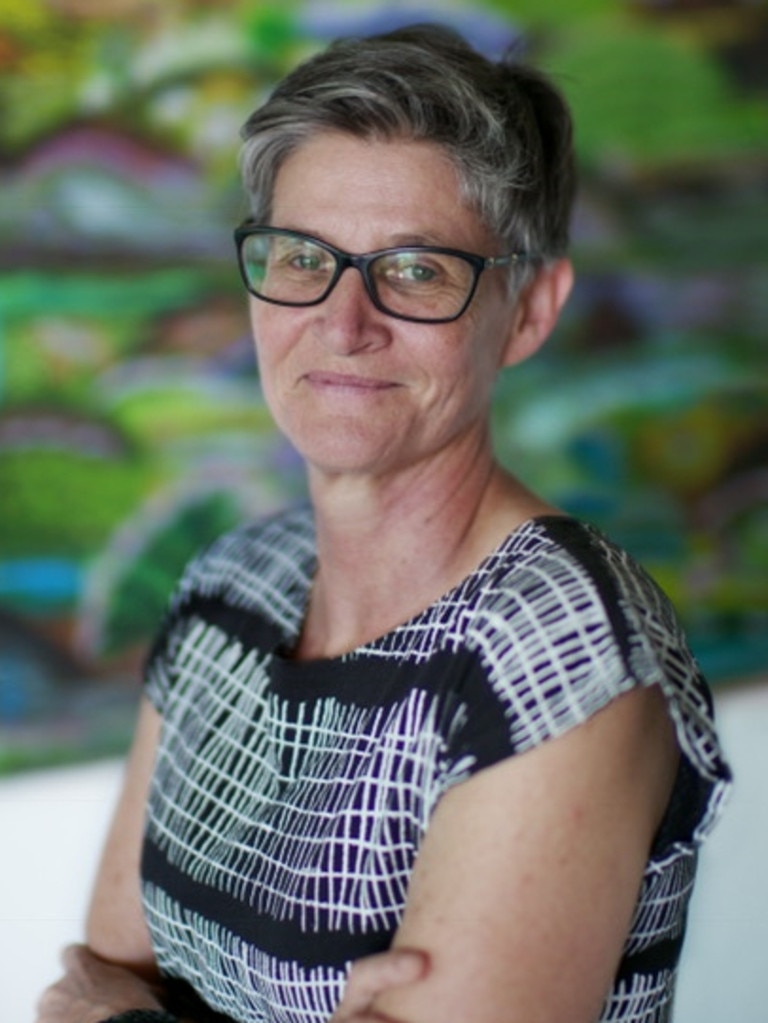Territory torture watchdogs get unrestrained access to custody settings
Legislation granting watchdogs unfettered access to prisons and other custody settings has passed the Northern Territory parliament weeks before a UN probe. Here’s what it means.
Watchdogs have welcomed new laws to improve the treatment and conditions of people in detention.
The legislation largely implements National Preventive Mechanisms, known as NPMs, by giving a number of independent bodies unfettered access to places of detention.
Under the international conventions, called the United Nations Optional Protocol to the Convention Against Torture, State and Territory governments have till January 2023 to appoint a chief investigator who will oversee a number of others.
Laws passed on Tuesday appointed NT Ombudsman Peter Shoyer as the interim chief NPM investigator, who said the objective of OPCAT was to establish a system of regular visits by independent international and domestic bodies to places of detention.
“This is a new and distinct function, not a continuation of existing complaint handling or ad hoc investigation roles,” Mr Shoyer said.

“Compliance with OPCAT requirements will be demanding and resource intensive for each NPM Inspector.
“It will involve regular visits to, and inspection of, detention facilities. It will require significant engagement with stakeholders and be informed … expertise and experience from a diverse range of people, including health and welfare experts, Aboriginal Territorians, people with a disability and people with lived experience of detention.”
Despite the NT government passing the new laws no additional funding was provided to those responsible for the oversight, including the Anti-Discrimination Commission, Office of the Children’s Commission and NT Ombudsman.
Acting Children’s Commissioner Nicole Hucks said OPCAT should add an additional layer of protection and oversight to places where vulnerable children were detained such as police cells and mental health facilities; and has a preventive focus.
“Importantly OPCAT is envisaged as an additional layer of protection and oversight and should not replace any existing oversight functions,” she said.
“These amendments are an important step in creating an effective NPM, and will need to be supported with adequate resourcing to ensure the full intentions of the OPCAT regime can be achieved.”

While the Anti-Discrimination Commissioner Sally Sievers said the upcoming United Nations visits between October 16 to 27 were usually capacity building for those acting in NPM roles.
“I look forward to having access to this knowledge, and experience.”
The Anti-Discrimination Commisison will extend the Community Visitor program which has operated for more than 20 years in Territory mental health facilities and for the past 11 in forensic disability facilities across the NT.
NT Parliament passes new laws
Torture watchdogs now have unrestrained access to prisons, watch houses, hospitals and youth justice centres to investigate allegations of torture.
The NT Monitoring of Places of Detention (Optional Protocol to the Convention Against Torture) Amendment Bill passed NT parliament on Tuesday with bipartisan support, after being introduced in September sittings.
The legislation will be implemented this January but watchdogs absorbing new responsibilities will have to wait until May 2023’s budget for additional funding.
Under the new laws, a report on the Territory’s performance against the protocols is to be released in October next year.
The move comes just weeks before the United Nations is due to visit Australia.
OPCAT is an international standard on how places of detention should operate and be monitored.
The Federal Government signed up to it in December of 2017.
Then Prime Minister Malcolm Turnbull said all custodial settings in Australia would implement OPCAT by January 2023.

Arnhem MLA Selena Uibo said the legislation could have a “pivotal” impact on the Territory’s justice system.
“The commitments that we make here … and through bills like this have impact, not just across the Northern Territory, but as a nation when we consider our country as signatories to the Convention Against Torture, and other cruel, inhumane and degrading treatment or punishment,” Ms Uibo said.
“OPCAT is concerned with the treatment of persons whose liberty has been deprived (and) the nature of this treatment is relevant to us all because it is about the inherent human rights and values that we espouse as Territorians.
“How they are treated can impact the likelihood of rehabilitation and successful reintegration into our communities.”

Barkly MLA Steve Edgington said the CLP would keep a close eye on the rollout of the legislation as he pledged the opposition’s support.
“This has been a long time in waiting and the Opposition will be supporting this important legislation to live up to our obligations under the treaty entered into by the Commonwealth of Australia,” Mr Edgington said.
“There are 76 signatory countries and to date 91 states have ratified the treaty, including Australia.
“Labor has presided over perhaps the most dysfunctional and shambolic corrections and rehabilitation system the Territory has ever experienced.
“Recidivism rates are at all time highs, rehabilitation opportunities are at an all time low.
“Riots are commonplace, infrastructure is falling apart, prisons are overflowing and escapes are frequently covered up by the Senate Labor government.
“This legislation should go a long way to shining a light on the past six years of neglect and mismanagement that this government has inflicted on the corrections and the detention system.
“Any measure that will add transparency and accountability will be supported by those on this side of the house.”
The United Nations’ Committee Against Torture is expected to visit Australia between October 30 and November 25.
Parliament sits until Thursday.




